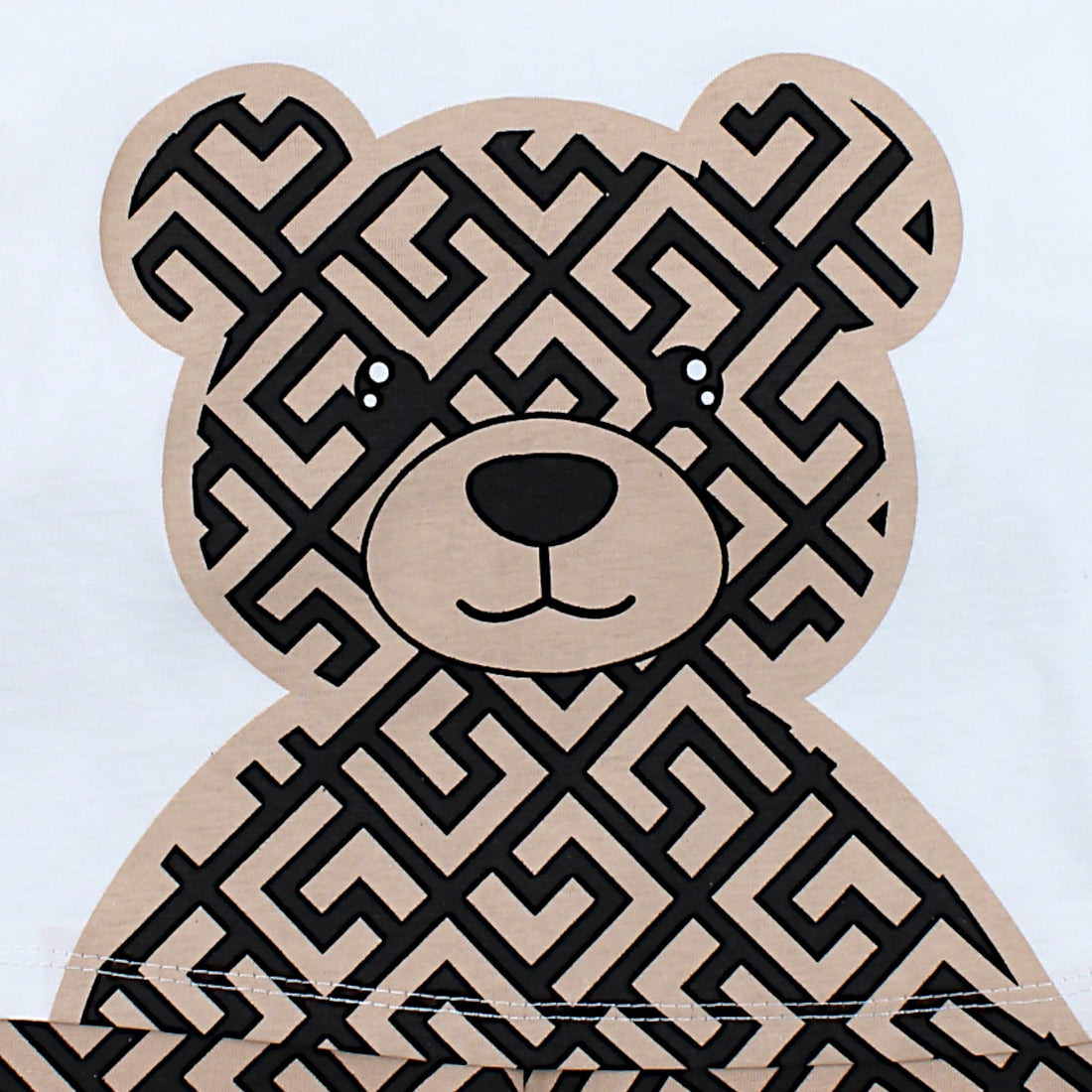How to develop manual skills in young children?
Manual skills are extremely important in a child's development, as they affect their writing and drawing skills, as well as everyday activities such as buttoning or tying shoes. Manual skills are developed from an early age and require appropriate support from parents and caregivers. In this article, we present effective ways to develop manual skills in young children, as well as how exercises can help children focus.
Why is the development of manual skills important?
✔ Helps in learning to write and draw.
✔ Strengthens hand-eye coordination.
✔ Makes it easier to perform everyday activities, such as eating with cutlery or getting dressed.
✔ Improves children's attention span and supports the development of fine motor skills.
✔ Prepares the child for school learning and independence.
How to support the development of manual skills in a child?
1. Art and creative activities
✔ Drawing and painting develops precision of movements and strengthens hand muscles.
✔ Cutting with scissors helps practice grip and coordination.
✔ Gluing, sculpting with plasticine and modelling clay improve manual skills.
2. Exercises to improve precision of movements
✔ Pouring rice or cereal with a spoon develops control over hand movements.
✔ Threading beads through string improves the ability to grasp small objects.
✔ Putting together a puzzle helps with concentration and exercises motor coordination.
3. Manipulative games
✔ Building with blocks develops spatial skills and manual abilities.
✔ Playing with buttons, zippers and Velcro teaches independence.
✔ Folding paper into origami improves precision of movements and teaches patience.
4. Using daily activities
✔ Helping in the kitchen, e.g. mixing dough, kneading pastry or cutting soft products.
✔ Eating independently with cutlery and drinking from a cup without a cover.
✔ Washing hands, brushing teeth and combing hair supports the development of manual dexterity.
5. Games and activities supporting the development of manual skills
✔ Board games that require the manipulation of pieces or cards.
✔ Puzzles and brain teasers that develop children's attention span.
✔ Musical instruments such as drums, cymbals or piano, involving hands and fingers.
How to develop manual skills through play?
✔ Use a variety of materials – paper, paints, plasticine, blocks.
✔ Encourage your child to explore and take on new manual challenges.
✔ Support your child, but do not do more difficult tasks for him or her.
✔ Be patient – every activity takes time and practice.
Summary
The development of manual skills in young children is extremely important for their future independence and educational skills. Regular exercises, games and engaging the child in everyday activities help develop manual skills and improve children's attention. Parents and guardians should encourage children to creative and manual activities to support their all-round development.
























